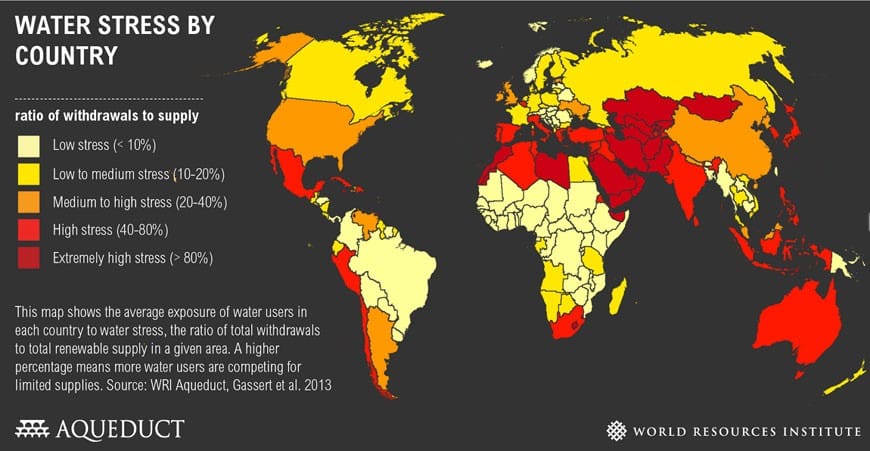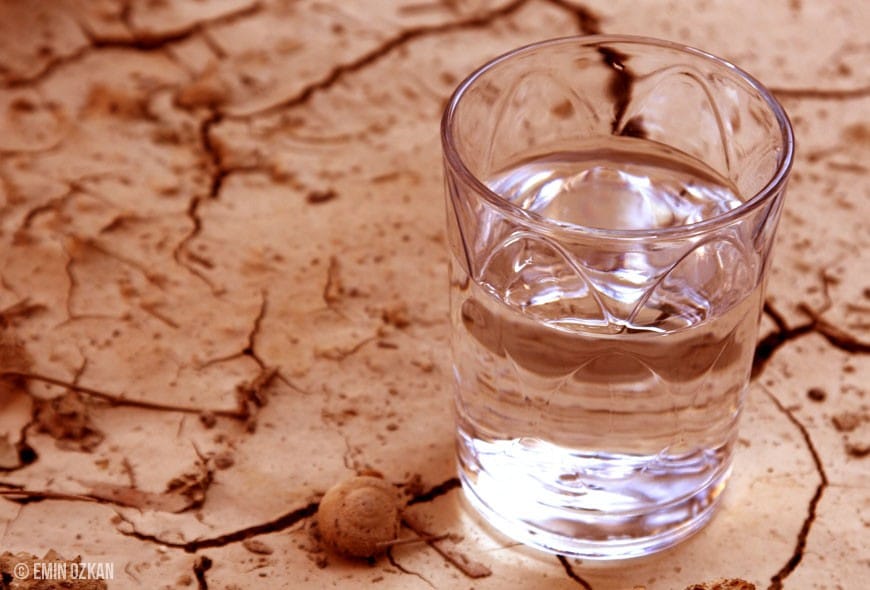A Special International Op-Ed
The winds have gathered speed, the skies have darkened over the horizon, the sweet smell of the damp mud fills up the system…the world awakens to the spectacle of nature, yes the monsoons are here.
Tiny drops shimmer overhead and then the clouds unleash their full potential. The water rushes towards the earth as a long lost lover and nature welcomes it with open arms. Life rejoices at its arrival quenching the long held thirst and we too can’t keep ourselves far from the joy as well.
What makes this clear liquid so important that it is also referred to as the elixir of life?
Millennials rejoice, not because the rains bring valuable water and provide for our every need, but because the rains cleanse our bodies and our souls. There is a profound sense of satisfaction, a feeling of completeness that comes gushing through the clouds. There exists nothing that has such an immeasurable impact on human psyche than water. The prerequisite of life, a fact so apparent that it happens to be the only parameter while searching for life on other planets.
Water, a celestial treasure so unique to our planet that it defines us against the vastness of the dark universe, the only place where it exists exactly in the right form for life to survive and grow. The journey it takes is an equally primordial one; flowing, feeding and sustaining life at every course. It not only gives ice-cubes but rainbows as well and that is eternal happiness in itself, is it not?
Summers are harsher, intolerable and we associate this phase to a lot of our troubles and the monsoons bring with it the much needed respite. Monsoons are here, monsoons are here, there go our problems washed away with the rains, or so we think….
What if, the rains just stop coming? What if, the cyclic journey of this celestial resource halts? What if, this pristine resource we take for granted so very much is taken away? Where do we look for the elixir then?
Rains, a miracle of nature, the only single source of drinkable water and yet we remain so impervious to the global effect of water shortage.
Statistics To Consider
There exists, 97% liquid water with less than 3 % available for consumption. About three-quarters of the world’s freshwater is frozen in ice sheets and glaciers. Most remains inaccessible. Surface waters, including lakes, ponds, reservoirs, rivers, streams and wetlands hold only a small volume. Precipitation, in the form of rain or snow, for instance, is an important form of available freshwater. There has been a drastic reduction in availability with global population rise. 1 out of 9 people don’t have enough to drink, let alone for doing other chores. People standing in long queues at a single source of water is a common sight in many parts of the world. Ironically, the more accessible water is, the more thriftless the usage of it. The long queues lead to higher tempers causing quarrels among bystanders and in all the chaos no one pays attention to the bucket that fills up and the unbridled water that is wasted. Yet how many of us can hold their hand to their hearts and say they use this privilege wisely. Not many, I suppose.
How many times have we stood polishing our pearly whites with the tap flowing effortlessly or washed our beautiful inventions speck clean without giving a second thought? A leaking faucet gathers no attention, in our homes or at work, why because we have more important things to do. Research shows a leaking tap wastes over 1,450 gallons of water a year; that’s enough to fill a wading pool every week for the whole summer.
Why bother to be concerned about the resource that keeps our homes “alive” when water is so readily available? It’s time to wake up to the grave concerns caused by its scarcity. Scientists estimate that in the next 10 years, 1.8 billion people will be living in the most water scarce regions of the world. Shortages will lead to conflicts and eventually disruption of the global network. We ought to remember that water comes in handy for a million purposes, above and beyond the obvious ones such as drinking, washing and fortifying plants, it is used to put out fires, and has many manufacturing applications. Lack of it causes disease, malnourishment and crop failure. In short, water is essential to all of life’s daily activities, posing issues that necessitate the need to be judicious.
Waste Not Want Not
Water conservation helps to protect the environment. By not being wasteful, you save it for fish and animals that depend on it. You also protect drinking supplies. And treatment plants won’t have to work as hard if there is less going down the drain. Saving water also saves energy. By using less, you save on the energy that it takes to treat and move it from the treatment plant to the faucet, as well as the energy it takes for heating. If that isn’t motivation enough, conserving also saves you money. Whether you get your supply from the tap or buy it in a bottle, water costs money. By using less of it, you spend less money.
The Ease of Water Conservation
It wouldn’t take gigantic efforts to conserve water. A few changes in the millennials lifestyle and we get to play a vital role in the epic journey of this celestial liquid. We all are fellow travelers in the great cycle of life. It’s a legacy and a very precious one.…PROTECT IT.
The list below contains a few simple water conservation suggestions that will ultimately create a better future…
- Take shorter showers. You will save in excess of 2.5 gallons per minute.
- Turn off the tap while brushing teeth or shaving. Just wet your brush and fill a glass for mouth rinsing. Rinsing a toothbrush under a tap wastes over 1000 gallons a year.
- Check household faucets for leaks. Just, 15 drips per minute add up to almost 3 gallons wasted per day.
- Reduce the amount used per toilet flush., and collect excess from cold showers to fill the toilet.
- Run dishwashers or laundry machines only when full.
- Use left overs from cooking for houseplants. When you have ice left in your fridge or from take-away restaurants, don’t throw it in the sink or trash, dump it on a plant.
- Carry a refillable container rather than buying bottled.
- Choose drought resistant plants for landscaping. Consider reducing lawn size and replacing turf grass with native plants, shrubs, and trees that generally grow well without a lot of excess watering.
- Collect rain from your roof in an enclosed barrel to recycle throughout your garden.
- Eat foods that require less water to produce. The amount required for animal products and processed foods like soda and chips far exceeds the amount used for growing vegetables and grains.


